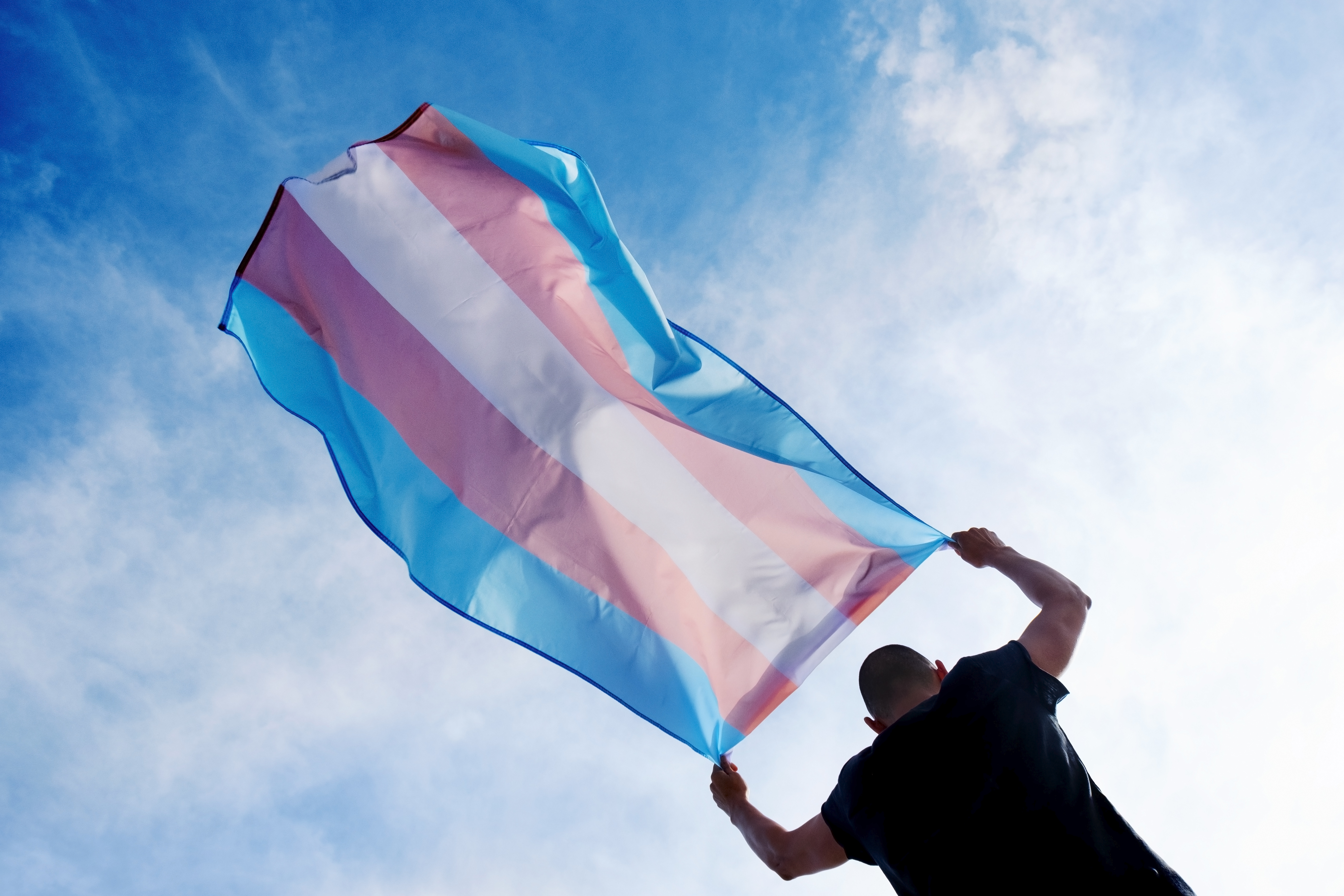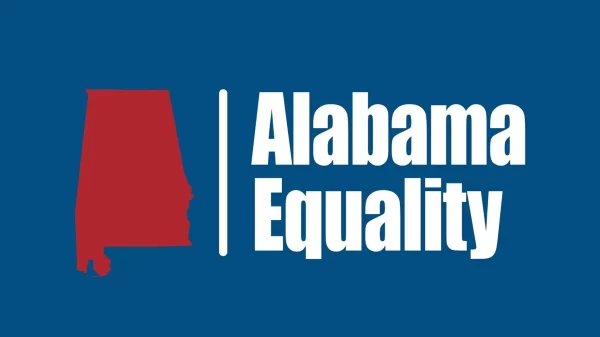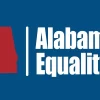A growing number of NCAA and WNBA players and coaches are calling on the NCAA to take action in response to the large number of anti-transgender bills, meant to ban transgender athletes in public schools and universities, in state legislatures nationwide.
In a Friday press conference hosted by the Human Rights Campaign, Minnesota Lynx Head Coach Cheryl Reeve and Lynx Forward Napheesa Collier joined activists, former athletes and current NCAA and high school players in demanding the NCAA to take urgent action against the pieces of legislation.
“Transgender inclusion is so crucial for the health, safety and wellbeing of transgender kids,” Collier said. “I consider transgender women my teammates, not a threat. The NCAA has to take action and withdraw all athletic competition from states considering harmful and anti-transgender sports bills.”
Last week, in a letter to the Human Rights Campaign, NCAA President Mark A. Emmert said the nationwide slate of anti-transgender bills conflicted “with NCAA’s core values” and further committing to hosting NCAA championship games in locations “free of discrimination.”
The NCAA has yet to move an NCAA championship away from its announced hosting site due to anti-transgender legislation but has done so on previous anti-LGBT legislation. In 2016, the NCAA relocated seven championship events in North Carolina after the Public Facilities Privacy and Security Act, which forced transgender students in public schools to use restrooms and other facilities inconsistent with their gender identity, passed into law.
A bill intended to ban transgender athletes in Alabama public school sports passed the Alabama House in March. Some 25 other states are considering similar bans, with at least three — Mississippi, Idaho, Tennessee — already enacting bans on transgender student-athletes.
“This is a moment of national crisis where the rights and the very existence of transgender young people are under attack,” said Alphonso David, president of the Human Rights Campaign. “These [anti-trans sports] bills are nothing more than a coordinated effort from anti-LGBTQ extremists spreading fear and misinformation about transgender people in order to score cheap political points. At this time, though, we are asking the NCAA to do more and to use the power of their visibility to affirm and support transgender and nonbinary athletes across the nation.”
Former NCAA Track and field athlete and the first transgender woman to win a NCAA title, CeCé Telfer, commended the NCAA for supporting her while she was an athlete, but said the association could still do more.
“As a trans athlete, first of all, I am not a threat to women’s sports because I am a woman,” Telfer said. “The joy and beauty of finally embracing myself and being in a sport that I love and being on that line with the women I’m supposed to be with, it’s enlightening.”
Zooey Zephyr, a former nationally ranked high school wrestler and transgender woman living in Montana, said while she never competed in the NCAA, sports was foundational for her development and others deserve the opportunity to participate.
“I can with the utmost certainty say that I am the woman I am today thanks to the sports I played in my youth and the sports I continue to play in adulthood,” Zephyr said. “Trans girls are girls. Trans boys are boys. They deserve opportunities to become better athletes and better people.”
On March 10, 500 NCAA student-athletes signed a letter sent to NCAA President Mark Emmert and NCAA Board of Governors asking them to uphold the NCAA Anti-Discrimination Policy and “only operate championships and events in states that promote an inclusive atmosphere.”
“As athletes, we want to compete in the sports we love without fear,” the letter states. “The NCAA claims to support all of its student athletes. Yet by continuing to offer bids to states with discriminatory legislation, you are endangering the wellbeing of all student athletes.
“We call upon you to ensure that the NCAA lives up to the guidelines and standards that they claim to uphold by making a firm statement that you will uphold the NCAA Anti-Discrimination Policy and only operate championships and events in states that promote an inclusive atmosphere.
“All athletes deserve to compete. All athletes are worthy of protection. No athlete should feel unsafe being who they are. Please show us that your practices align with your priorities,” the letter concludes.















































